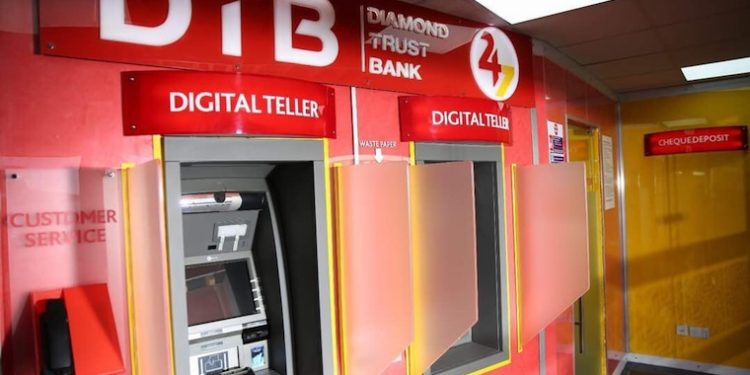A bitter row has erupted between city tycoon Hamis Kiggundu and his bankers over loan repayments amounting to about sh39b.
The bankers — Diamond Trust Bank (Uganda) and Diamond Trust Bank (Kenya) — are threatening to attach Kiggundu’s assets, including his palatial residence at Kawuku, Wakiso district and commercial buildings in the city.
The banks argue that Kiggundu received a credit facility totalling over sh41b a few years ago and he still owes them about sh39b. In turn Kiggundu, who is better known as Ham, is accusing the banks of fraudulently siphoning over sh200b from his accounts without his knowledge and consent over the past 10 years.
Kiggundu, the proprietor of Ham Enterprises Limited, has consequently petitioned court to block the banks from seizing and selling his assets in order to recover the money he claims was fraudulently taken from his accounts.
A total of sh29.035b, he said, was unlawfully debited from his shilling account, while $22.93m was withdrawn from his dollar account under what he calls unclear debits. In two letters to the bank, Kiggundu, who has been accessing loan facilities from DTB for over 10 years, issued a notice to the bank terminating his relationship and withdrawing the mortgage instruments.
In another letter dated January 10, 2020, he demanded that the bank hands over his land titles within five days and warned of legal action if the bank failed to do as asked. Subsequently, on January 10 this year, Kiggundu, through his companies, Ham Enterprises Limited and Kiggs International (U) Limited, dragged Diamond Trust Bank Uganda and Diamond Trust Bank Kenya to the Commercial Division of the High Court seeking an order of recovery and return of all the monies “unlawfully, unjustly and unfairly debited or recovered” from his company accounts.
Kiggundu stated that the bank’s acts of breach, misrepresentation and negligence complicated the performance of contractual relationship between his companies and the bank to their prejudice.
He asked court to order for a full-account reconciliation of all his financial transactions with the bank and for court to declare that credit facilities he obtained from the bank have since been settled.
Kiggundu argues that when the bank granted him credit, it either did not disburse some of the agreed sums or purported to disburse the monies, but in turn, “unlawfully debited and/or appropriated the same without his knowledge and consent”.
“The defendants purported to disburse the sums, but almost synonymously enriched itself of the same to their sole benefit, much to the prejudice of the plaintiffs,” Kiggundu says through his lawyers.
In their defense, DTB said the terms of the credit facilities were freely and voluntarily executed by Kiggundu’s company that, they say, certified that it received independent legal advice and “were not unreasonable, unfair, unconscionable or unjust” as alleged.










